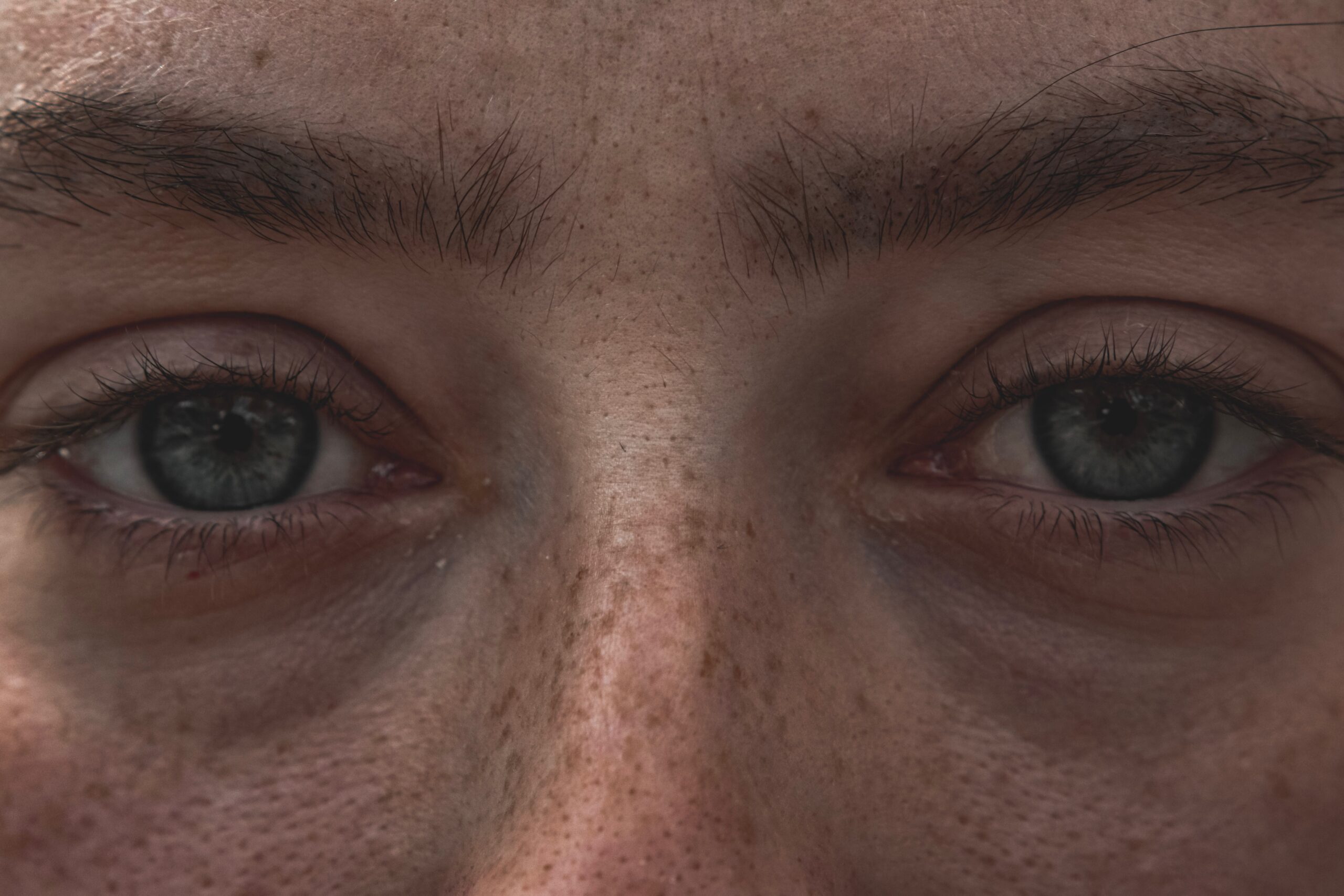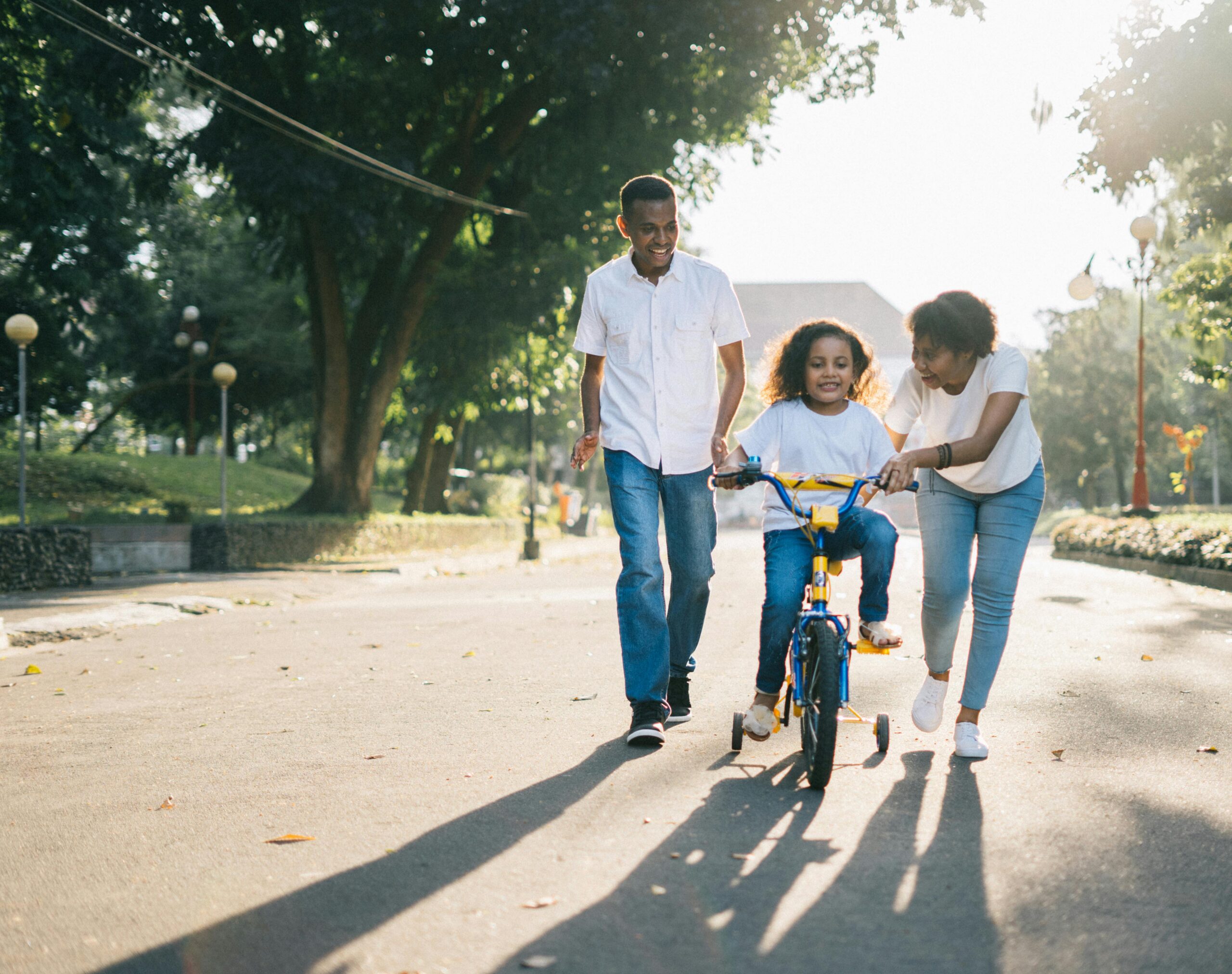January marks National Human Trafficking Prevention Month, a crucial time to shed light on this pressing issue. While it may not feel prevalent, know that it is real and present in our community. We all have a part to play in protecting our local children. This blog will teach you to spot the signs of human trafficking and how you can help protect those affected and at risk.
NOTE: As of Feb. 29, 2024, Carolina Youth Development Center (CYDC) has rebranded to Landmarks for Families. Our nonprofit, community programs and residential services remain committed to cultivating thriving youth and families in this new chapter.
Understanding Human Trafficking
Nestled on the I-95 corridor between Miami and New York, South Carolina is unfortunately no stranger to the escalating trafficking cases.
As defined by the South Carolina Human Trafficking Task Force, “Human Trafficking is the use of force, fraud or coercion to compel a person into commercial sex acts, labor or services against their will.”
Human trafficking involves the exploitation of individuals through force, fraud or coercion for various purposes, such as forced labor, sexual exploitation or involuntary servitude.
Sadly, the data suggests a concerning trend – children are increasingly becoming victims, with a percentage trafficked by relatives. Per data from the Survey of Youth Transition From Foster Care (SYTFC), around 40% of youth experienced human trafficking before the age of 18.
Youth displaced or experiencing homelessness are particularly high-risk in these cases, with “nearly 34% of youth reported that leaving (i.e., running away or being kicked out of a parent or caregiver’s home) preceded their first sex trafficking experience.”
While these revelations may be staggering, we all have the power to help those in need. This begins with learning to spot the signs of distress.
Recognizing the Signs
Awareness is the first line of defense against human trafficking. The signs of human trafficking can include, but are not limited to, the following:
- Change in Physical Appearance: This includes signs of physical abuse, malnourishment and/or lack of medical care or poor hygiene.
- Changes in Behavior: Victims of human trafficking often exhibit fearful or submissive behavior. This may show as avoiding eye contact and excessive timidness or anxiousness.
- Restricted Movement: Human trafficking victims are often restricted in their movements and may not have access to identification documents or money. They may always be accompanied by someone else or never allowed to leave certain places without permission.
- Isolation: Victims are typically isolated from family and friends as traffickers try to limit communication with outsiders. They may be prohibited from making phone calls or using social media freely.
- Inconsistent Stories: When questioned about their living conditions or employment, victims may give conflicting stories due to fear or pressure from their traffickers.
Remember, while these are common signs of human trafficking, they are not definitive proof. If you suspect trafficking, report it to local authorities or the National Human Trafficking Hotline at 1-888-373-7888. Your action could save a life.
Prevention Tips for Families and Communities
Preventing child human trafficking involves fostering safe environments and open communication. Families should educate children about the dangers, emphasizing the importance of sharing uncomfortable experiences. Active involvement and interest in your child’s life is instrumental in their safety:
- Stay actively involved in your child’s social life. Know who they are hanging out with, both online and offline.
- Foster open communication with your child. Make them feel comfortable sharing their experiences and concerns.
- Teach your children about the signs of trafficking, emphasizing that they can come to you with any concerns.
- Monitor your child’s online activities. Educate them about the potential dangers of sharing personal information.
- Be aware of unexplained gifts, such as handbags, cell phones, clothing, etc. Traffickers may use gifts as a means of manipulation.
- Be aware of your child’s whereabouts. Establish check-in routines and ensure they inform you if plans change.
As an added note, it is an unfortunate reality that children themselves can even become accomplices in trafficking their peers. In these cases, it’s crucial to remember that these youth aiding the trafficking process are often victims themselves, trapped in a cycle of exploitation and abuse.
CYDC’s Proactive Measures
In the battle against child human trafficking, Carolina Youth Development Center (CYDC) is taking commendable steps to protect Lowcountry Youth.
These efforts included hosting programs like “My Life My Choice” to empower youth against trafficking; the use of a $360,000 federal allocation to enhance security measures, including the installation of advanced on-campus security cameras; and even the collaboration on a white paper that describes how group homes can serve as tools against trafficking.
CYDC Is Here for Lowcountry Youth
With more than 200 years of experience supporting our nation’s youth and families, Carolina Youth Development Center is equipped to lead your child or family through life’s challenges. Whether on-site or in-home, our compassionate team is ready to meet you where you are with the services you need. Contact us today to learn more about our programs and speak with a member of our team.


